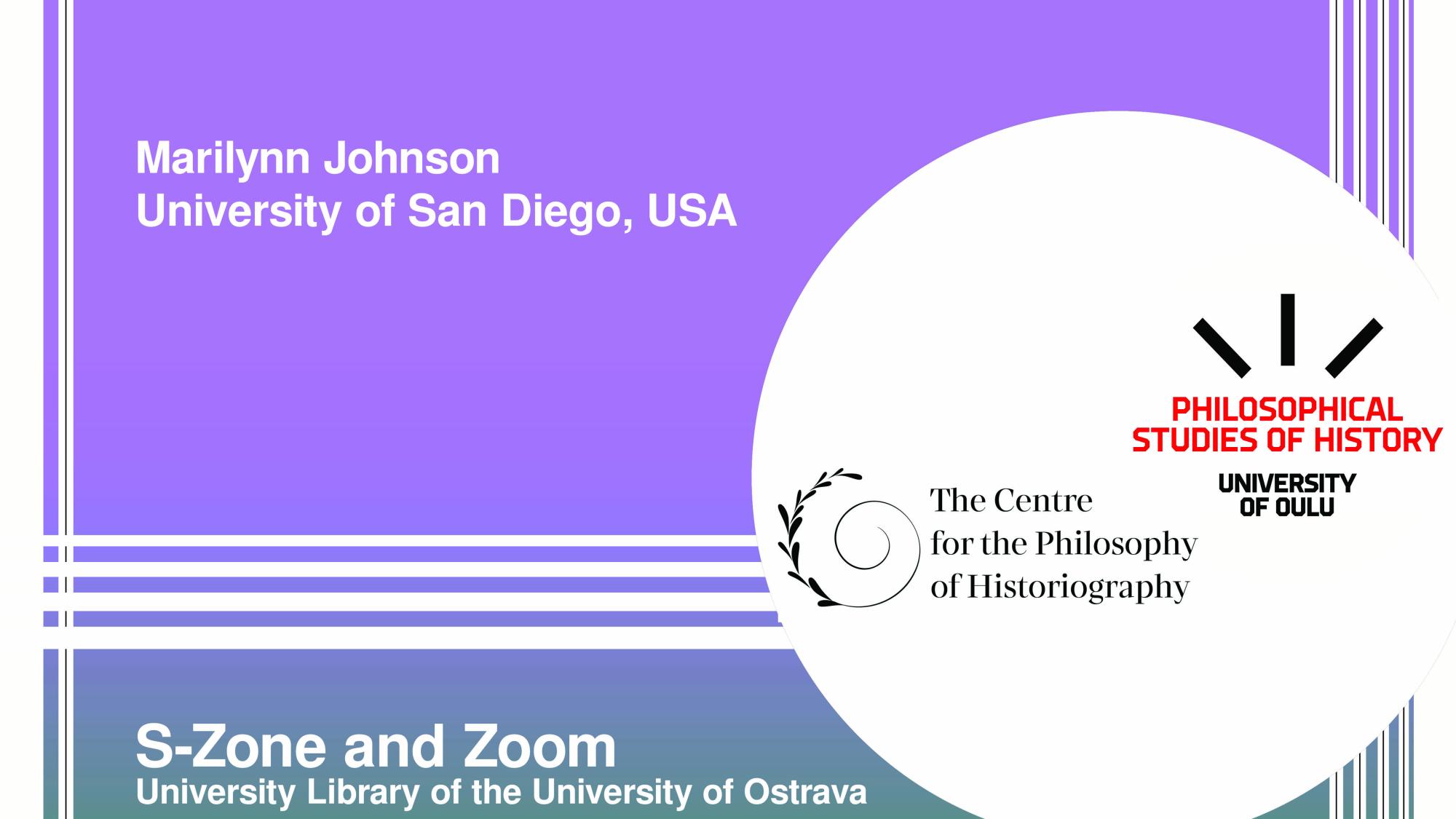Archaeology as Historical Science: Centering the Human in Pre-History
23.10.2025, 16:00(CEST) / 17:00(EEST)
Zoom (passcode: 299356)

Event information
Time
Thu 23.10.2025 17:00 - 19:00
Location
Abstract
An important dimension of archaeological interpretation requires recognition of intentions—and for this reason we need theories from philosophy of language and aesthetics to properly do philosophy of archaeology. I will argue that viewing archaeology through only a philosophy of science lens focused on general questions about evidence from traces narrows what philosophy truly has to contribute to archaeology. Contrasting my position with recent work by Adrian Currie, I will demonstrate the consequences of considering archaeology within this framework as a “historical science” akin to paleobiology and geology. So what is so distinctive about certain types of interpretation that they need their own methods? We must remember that archaeology as a study of cultures and people told through their material remains is different from collections of other sorts of things such as naturally formed stones and animal fossils. Archaeology has a specific history of power that has influenced who and what has been dug up, who has had access to sites, who took artifacts home to their museums, whose knowledge was valued in constructing narratives. According to the Gricean view I will advocate for in this talk human meaning is fixed by the intentions of creator when they make an artifact or utterance—in archaeology and in meaning more broadly (language, art, etc.). This has implications for aesthetic and moral questions that cannot be seen as distinct from the practice of archaeology. Discussions of intention, aesthetics, and ethics in archaeological interpretation show the importance of philosophers with a range of backgrounds engaging in work on prehistory. We ought not sideline the human side of archaeology in attempts to better fit it within theories from philosophy of science; rather we should encourage a capacious view of what all areas of philosophy have to contribute to archaeology.